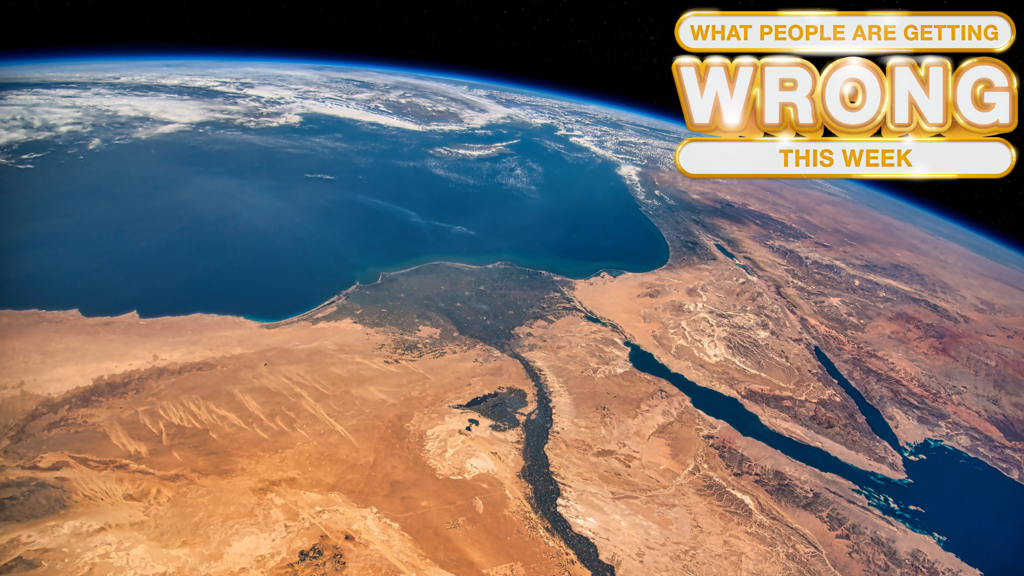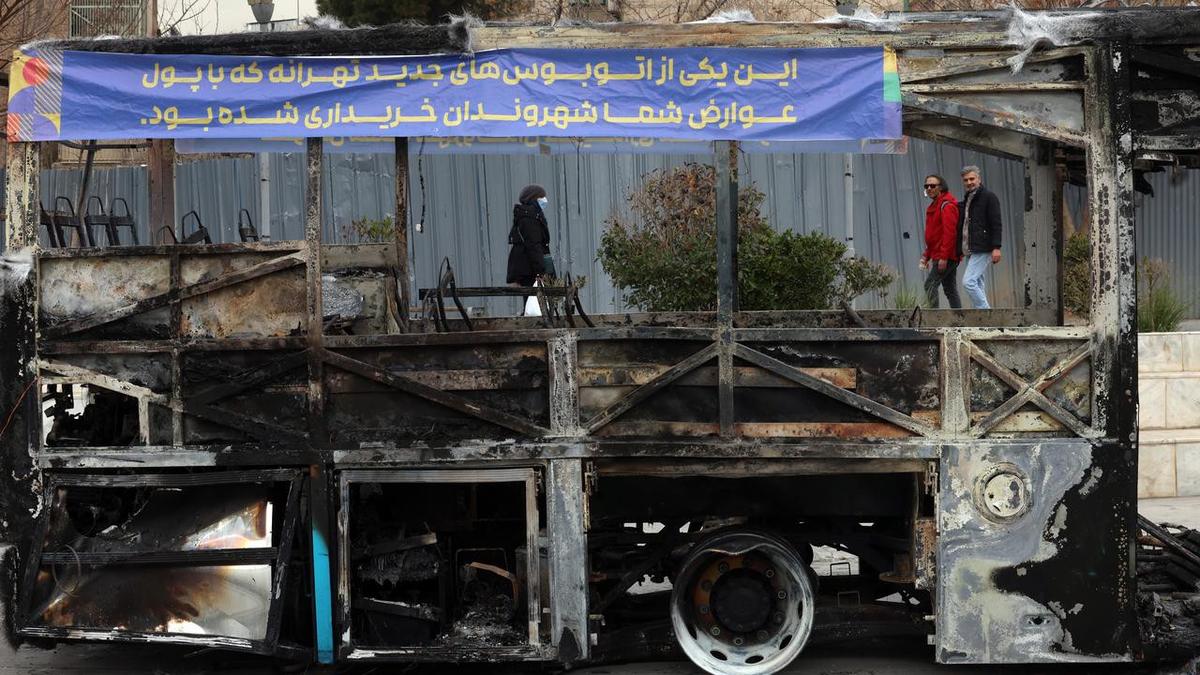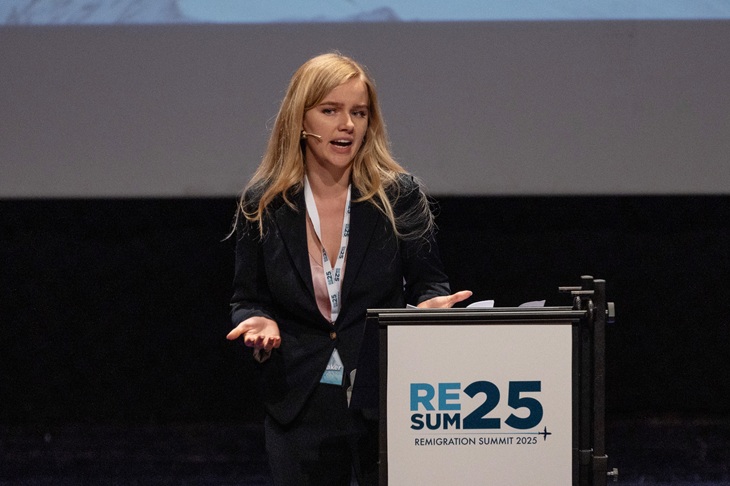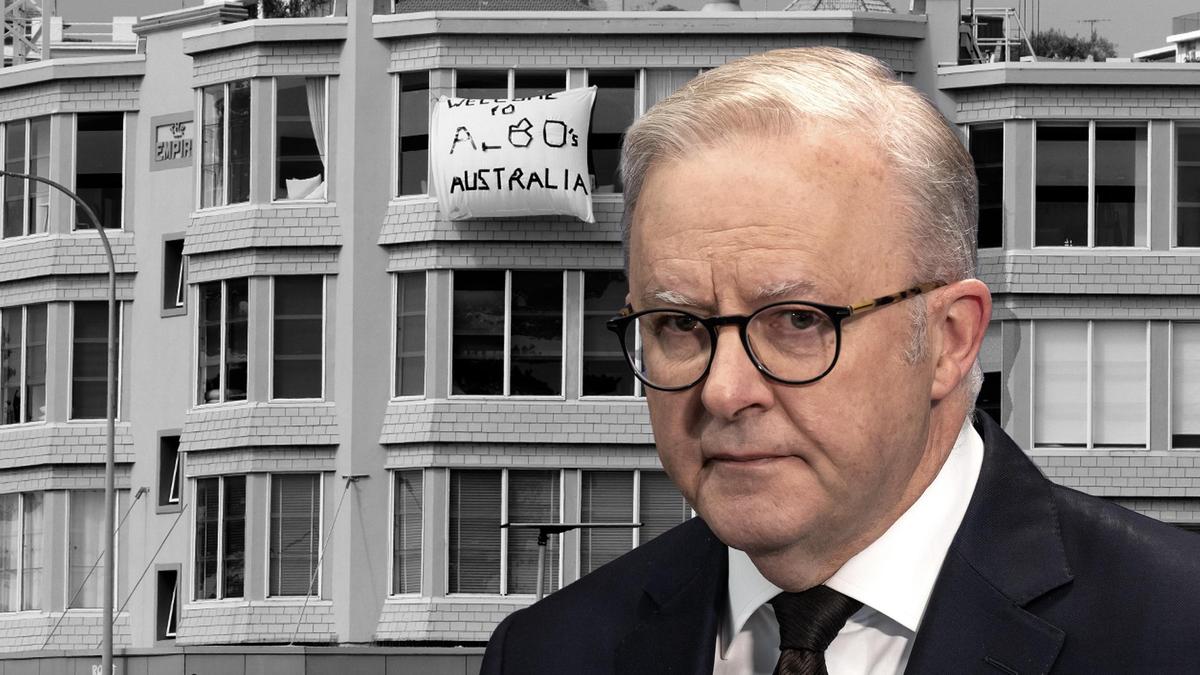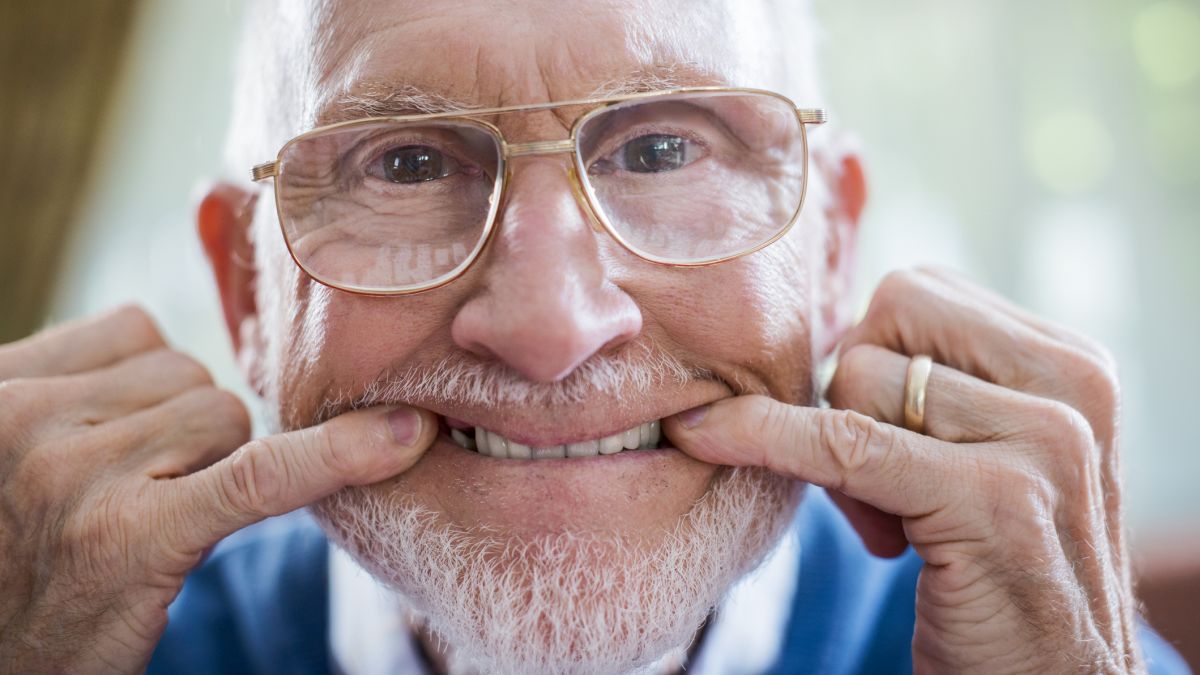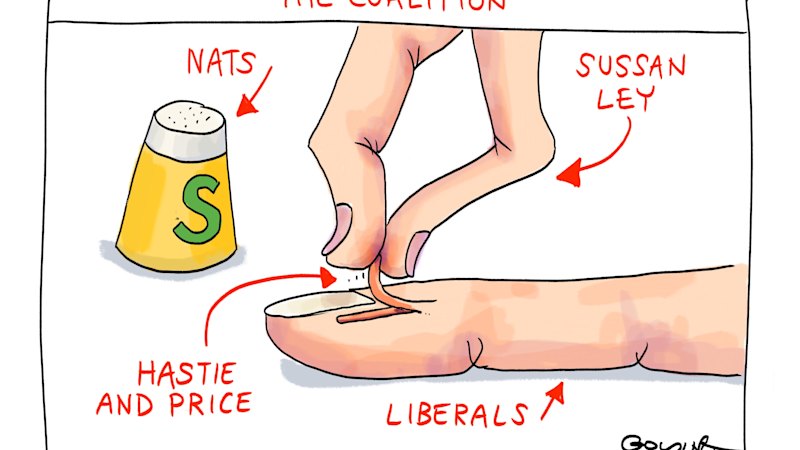
Recent discussions have emerged regarding former President Donald Trump and his exclusion from this year’s Nobel Peace Prize nominations. Many Australians have expressed relief that he was not awarded this prestigious accolade, citing his controversial actions and statements as significant factors undermining his eligibility.
In a letter published in The Age, Tony Delaney from Warrnambool emphasized Trump’s connection to the “big lie” about the 2020 US presidential election being stolen. He noted that the insurrection incited by Trump on January 6, 2021, resulted in at least seven deaths and left over 150 individuals injured. Delaney argued that Trump’s actions disqualify him from holding any position of honor, stating, “His rightful place is not the White House.”
Another contributor, Howard Tankey from Box Hill North, articulated concerns about the integrity of the Nobel Peace Prize itself. He expressed gratitude for Trump’s omission, arguing that awarding him the prize would have devalued it and misrepresented the essence of peaceful coexistence. Tankey criticized Trump’s approach to diplomacy, particularly his focus on a ceasefire deal between Israel and Hamas, which he felt was overshadowed by Trump’s aggressive rhetoric and behavior. He pointed out that previous poor choices for the Nobel Prize had set a troubling precedent, and that a decision to award Trump could only compound the issue.
In a more hypothetical vein, Robyn Westwood from Heidelberg Heights suggested that had Trump followed through on his promise to end the war in Ukraine swiftly, he might have strengthened his case for the Nobel Prize. She remarked, “Unfortunately, when up against Putin it was merely a meal of TACOs and no prize for his authoritarian gluttony,” highlighting the disconnect between Trump’s ambitions and reality.
Concerns also extend beyond the Nobel Prize, as political dynamics in Australia have drawn attention. The recent expulsion of independent Senator David Pocock from the Australian Parliament Sporting Club has sparked debate. Pocock’s removal, executed by chief executive Andy Turnbull, led to accusations of suppressing dissent regarding the gambling lobby’s influence on government policies. Critics argue that the club’s reluctance to engage in discussions about gambling addiction reflects a troubling disregard for democratic processes.
Reactions to this situation have varied, with some applauding Pocock’s efforts to raise awareness of gambling interests in politics. Others, including Shaun Quinn from Yarrawonga, have voiced disappointment in Prime Minister Anthony Albanese‘s response, questioning whether he truly understands the gambling industry’s motives and its impact on the welfare of Australians.
In another letter, Ingrid Rodger from Williamstown challenged the characterization of anti-Israel protests as mere hate. She urged readers to view these expressions as anti-genocide activism, highlighting the complexity of public sentiment surrounding these issues.
Local concerns also emerged in Brighton, where residents are increasingly worried about state government plans to increase housing density in low-rise suburbs. Charles Reis from Brighton warned that if Brighton succumbs to these changes, it could set a precedent for other Melbourne neighborhoods, eroding the appeal of their local character and community.
The ongoing discourse reflects a broader concern among Australians regarding political integrity and the societal implications of leadership choices. As the nation navigates these complex issues, the legacy of both Trump and local political figures remains a topic of passionate debate.
